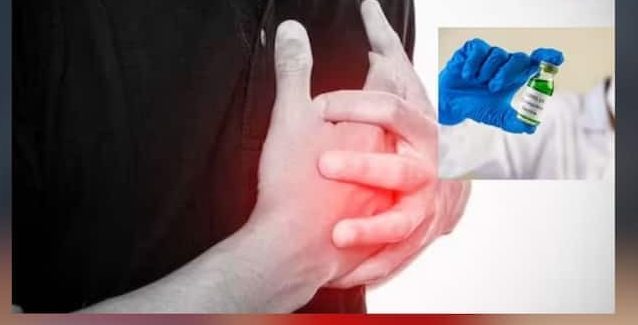
Heart attack: Heart attack is a medical emergency. If you think you or someone else is having a heart attack. So call 911 or your local emergency number first. The average person waits 3 hours before seeking help for heart attack symptoms. Many heart attack patients die before reaching the hospital. The sooner a person gets to the emergency room, the better his or her chances of survival.
If a person is having a heart attack, a 325 mg aspirin tablet should be chewed and swallowed until the patient reaches the hospital. Provided that you are not allergic to aspirin and it is safe for you to take it. Aspirin helps to thin the blood and improve blood flow to the heart, the type of medicine given after a heart attack depends on the severity of the heart attack and the type of heart attack. Some of the common medicines given after a heart attack are:
Clot busters: Also known as thrombolytics or fibrinolytics, these drugs break up blood clots that block blood flow to the heart.
Nitroglycerin: This medication widens the blood vessels and improves blood flow to the heart. It can also treat chest pain.
Morphine: This medicine is used to relieve chest pain.
Beta blockers: These medications slow the heart rate and lower blood pressure.
Anti-arrhythmic drugs: These drugs can prevent abnormalities in the normal rhythm of the heart.
Statins: These medications help lower unhealthy cholesterol levels.
Reason: A heart attack occurs when the blood flow that supplies oxygen to the heart stops. The heart muscles become deprived of oxygen and start dying.
symptoms: Symptoms of heart attack may vary from person to person. They may be mild or severe. Women, older adults, and people with diabetes are more likely to have subtle or unusual symptoms.
Chest pain that feels like pressure, squeezing, or fullness. Pain often occurs in the chest. It can also be felt in the jaw, shoulders, arms, back and stomach. It may last for more than a few minutes or may come and go.
cold sweat
Dizziness
Nausea (common in women).
indigestion
vomit
Numbness, pain, or tingling in the arm (usually the left arm, but the right arm alone or the left arm may be affected.
difficulty breathing
Weakness or fatigue, especially in the elderly and women.
If the person is unconscious and unresponsive and is not breathing or has a pulse. So call 911 or the local emergency number, then begin CPR. If an infant or child is unconscious and unresponsive, and is not breathing or has a pulse.
So CPR for 1 minute. Do this then call 911 or the local emergency number. If the person is unconscious and unresponsive, and an automated external defibrillator (AED) is immediately available – follow the instructions on the AED device.
 look news india
look news india